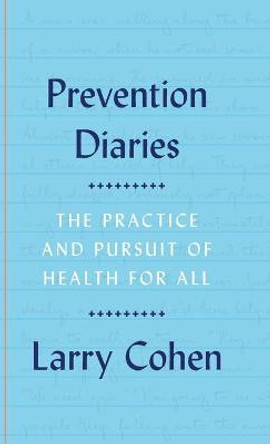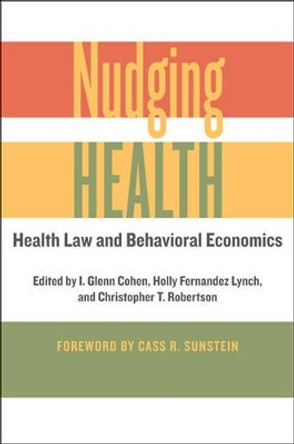Prevention is better than cure, it is said, but is it more efficient? In the quest for improvements in health and life expectancy, and reductions in the growth of health care costs, attention has focused on the cost-effectiveness of preventive over curative medicine. Economics adds an essential dimension to the analysis of prevention policy that extends far beyond the study of comparative costs. The aim of this book is to give, for the first time, a comprehensive overview of the economics of prevention. It examines the scope of economics; the impact of the economy on avoidable ill-health, and of prevention on the economy; the economic rationale for provision of preventive services and regulation of hazardous activities; the cost-benefit approach and the nature of efficiency in prevention; the practice of economic appraisal; economic influences on the demand for hazardous commodities and screening services; theories of preventive behaviour; national prevention programme budgeting and priority setting; and the potential contribution of health economics.
Reviews`This book is highly impressive. It is a tremendous achievement. The authors are gifted writers and their judgement as to what is central to the argument, and their ability to present complex ideas in a lucid and concise manner, are both excellent.' Health Policy and Planning
`This is a useful aid for those wishing to plan prevention programmes and to make the economic case for them.' British Medical Journal
`...a valuable addition to the health economics literature in a field where rhetoric and analysis often lead to different conclusions.' International Journal of Epidemiology
Book InformationISBN 9780192621665
Author David R. CohenFormat Paperback
Page Count 184
Imprint Oxford University PressPublisher Oxford University Press
Weight(grams) 294g
Dimensions(mm) 232mm * 157mm * 11mm






